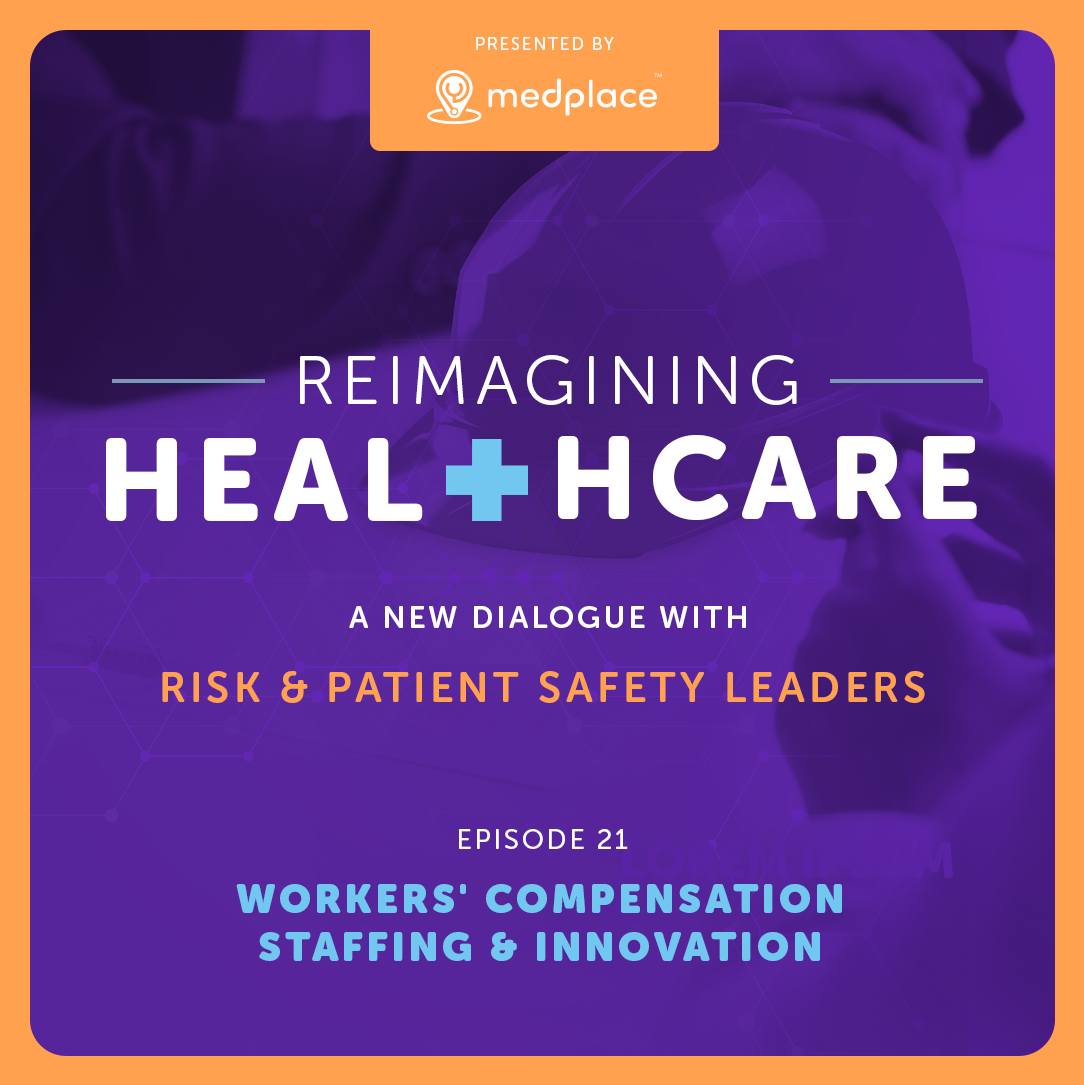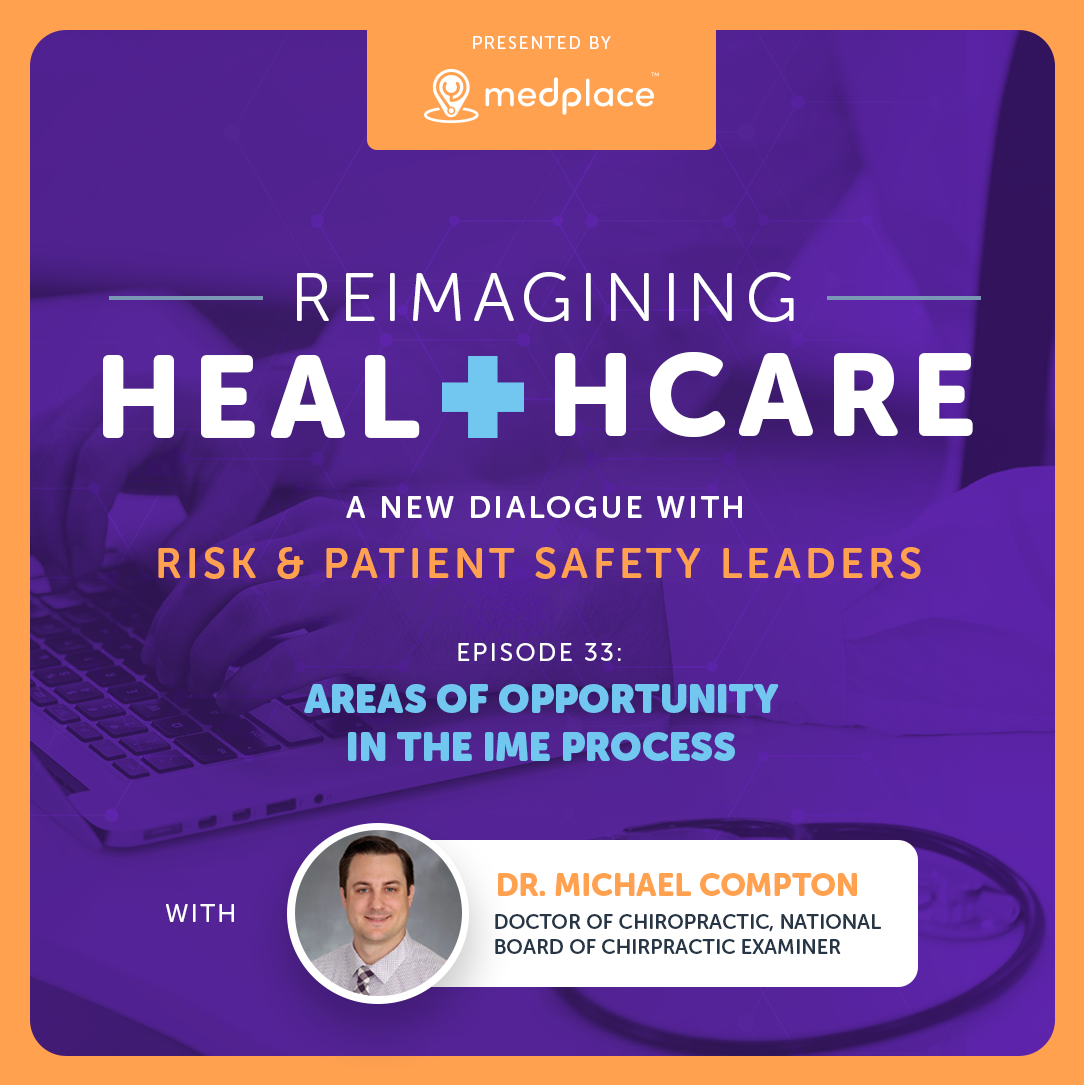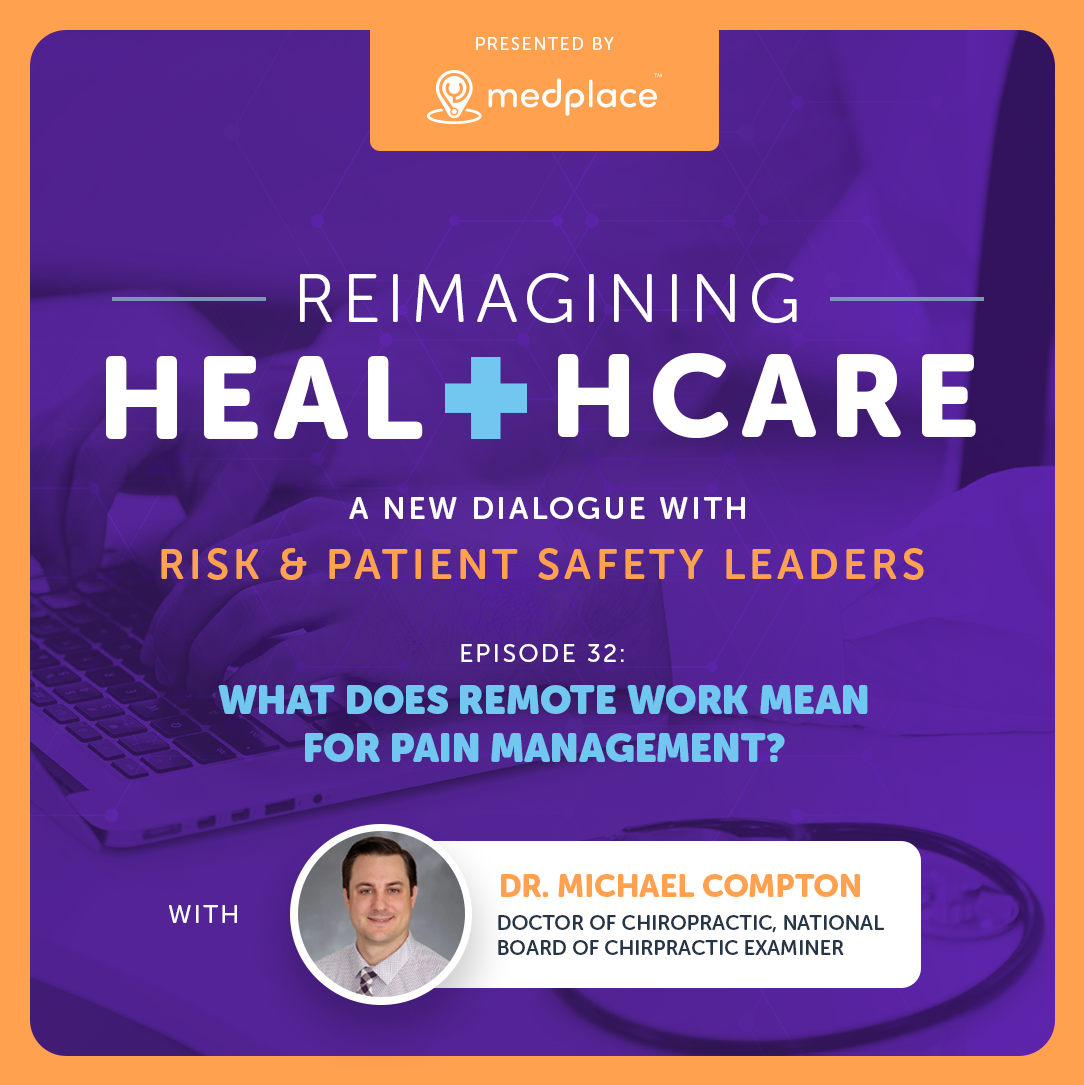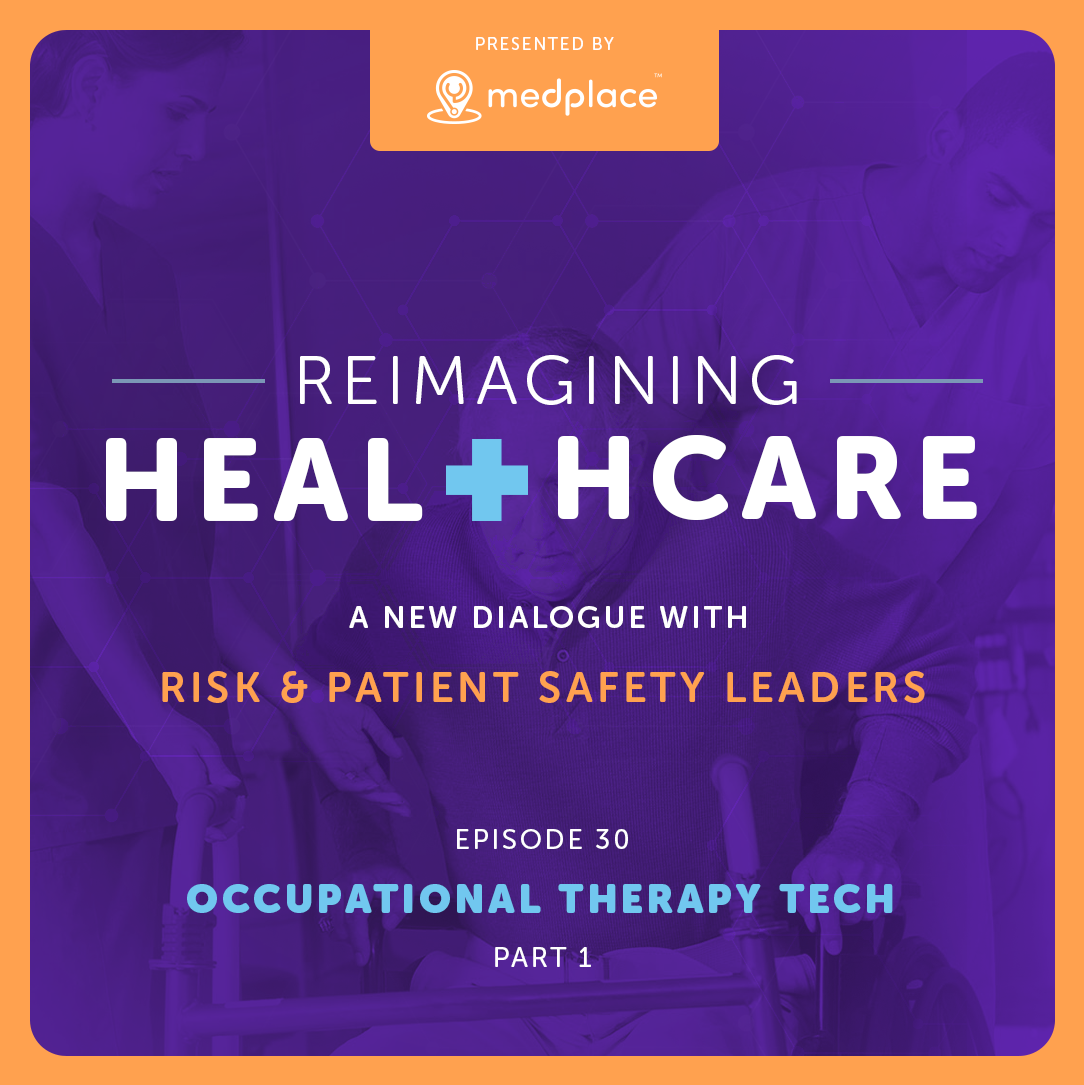Insurance Thought Leadership Editor-in-Chief Paul Carroll brings light to a staffing shortage in workers' compensation, and ways technology can both help and harm the industry. He explains the dilemma of reducing at-home injuries, and the fine line between at-home risk management and surveillance. Paul also dispels misconceptions about healthcare AI, and explores some of the ethical applications of machine learning.
Paul is the Editor-in-Chief of Insurance Thought Leadership, a digital publishing platform that is a catalyst for change in insurance and risk management. Paul is also the co-founder of and partner with the Devil's Advocate Group, a strategy consulting boutique. He spent 17 years as a reporter and editor at the Wall Street Journal. He was nominated twice for a Pulitzer Prize and was a finalist in 1996.






